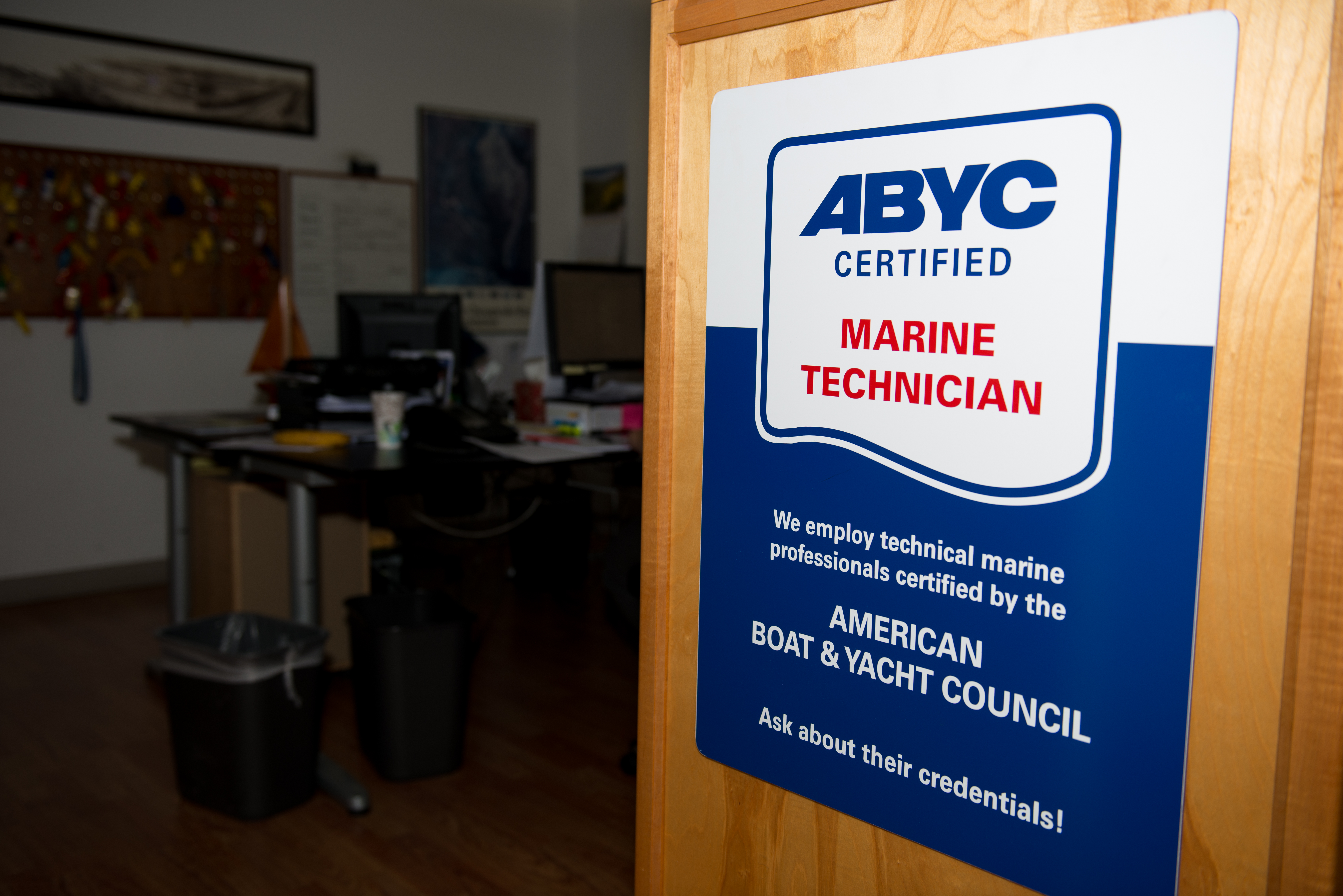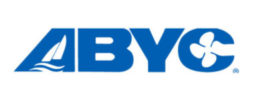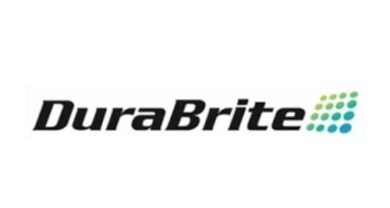ABYC announces new certification requirements

In response to member surveys, the American Boat and Yacht Council (ABYC) has announced enhancements to its certification programs, which will further increase the reputation of ABYC certified technicians as well as maximize the customer experience.
The changes include the introduction of continuing education units (CEUs), documented work experience and the addition of various certification categories to better associate what type of work is being done with each certification type.
ABYC is introducing CEU program requirements, similar to other familiar industries including the automotive repair service industry. Obtained CEUs will demonstrate commitment to professional development and excellence, while keeping up with new technology.
To keep costs down for certified technicians, ABYC will provide enough CEUs at no additional cost throughout the five-year period. Additionally, ABYC will accept CEUs from other organizations such as the Society of Accredited Marine Surveyors (SAMS), the National Association of Marine Surveyors (NAMS), the International Boatbuilders Exposition (IBEX) session attendance, and many OEM engine and product training programs. Relevant military training and experience can also be applied to meet some of these requirements.
“With the technology used on modern boats changing as rapidly as it is, ABYC feels that continuing education is now more than ever a mandatory requirement for maintaining an ABYC certification,” said Ed Sherman, vice president and education director of ABYC. “To meet the needs of the new boat owner, technicians need to stay at the top of their game, and we will support them in that effort.”
To become certified, a professional has to establish eligibility through education as well as work experience. ABYC will require two years of documented work experience in order to achieve the gold standard as an ABYC certified technician, as well as pass the certification exam.
Certification designations
ABYC is creating certification categories to address the needs of various industry professionals who desire ABYC technician certifications but lack the practical skills needed by service and installation technicians.
- Technician certification – Technician certification is the means by which ABYC and the general public identify those that are certified to perform troubleshooting, repairs and equipment installation on boats. Example candidates include technicians, installers and manufacturers. Requirements for this level include passing the certification exam and two years of work experience.
- Advisory certification – Advisory certification is designed for those within the marine service and manufacturing sectors that desire an ABYC Certification but do not perform repairs. Example candidates include marine surveyors, customer service representatives and engineering standards compliance specialists. Requirements for this level include passing the certification exam and at least 42 CEUs.
- Associate certification – Associate certification is for those who have passed the exams but have not yet completed or submitted the requisite work experience or CEUs. Example candidates include students who have passed the exam, but not yet worked in the field. This certification expires after five years and is not eligible for recertification unless CEUs or work experience requirements have been met.
“By offering three categories of certification, employers as well as the boating public will be able to differentiate between highly experienced technicians, individuals relatively new to the trade, and those at an advisory level,” said Sherman. “This should help to further maximize the customer experience.”
To learn more about the ABYC certification program, visit www.abycinc.org/education.




